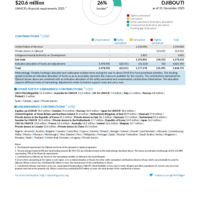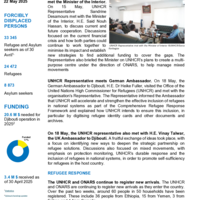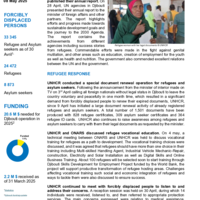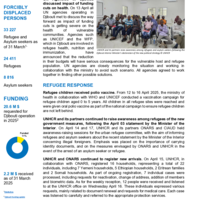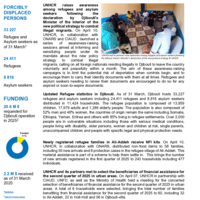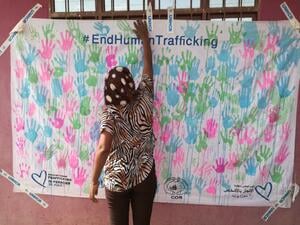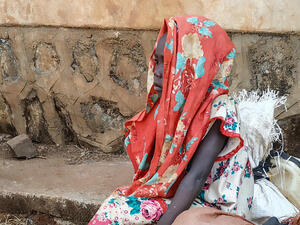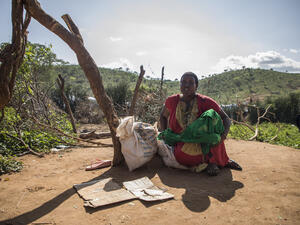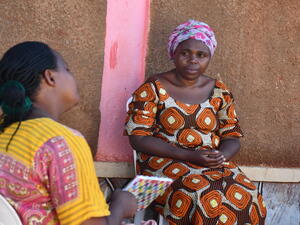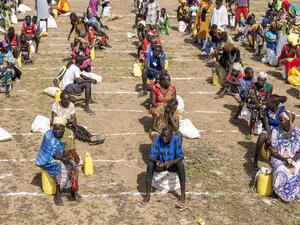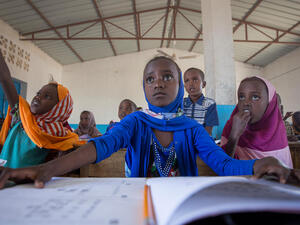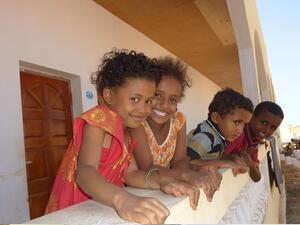Djibouti
Djibouti
Despite a lower-middle-income status, yet prone to recurrent droughts, Djibouti has traditionally maintained a generous open-door policy for refugee inflows.

Djibouti hosts approximately 32,000 people forced to flee, including over 23,000 refugees and 8,000 asylum-seekers - primarily from Somalia, Ethiopia, and Yemen. Around 85% reside in refugee villages such as Ali Addeh, Holl-Holl, and Markazi, with the remainder in urban areas like Djibouti City. Women and children make up 67% of the displaced population.
Despite recurrent droughts and limited resources, Djibouti has maintained a long-standing open-door policy and has been recognized as a regional leader in implementing the Comprehensive Refugee Response Framework (CRRF). The Government has taken bold steps to include refugees in national systems such as education, health care, and employment - reinforcing peaceful coexistence and enabling refugees to contribute to local economies.
UNHCR leads the multi-sectoral response in close partnership with the Government, development actors, and both refugee and host communities, working to strengthen protection, promote self-reliance, and deliver durable solutions in line with the Global Compact on Refugees.
Street address:
LOT No 24, Rue De L'Ígad, Quartier Heron, Djibouti, Djibouti
Mailing address:
B.P. 1885, Djibouti, Djibouti
Phone:
+253 21 35 16 77
Fax:
+253 21 35 86 23
Email:
[email protected]
Time zone:
GMT +3
Working hours
- Monday: 08:00 - 15:15
- Tuesday: 08:00 - 15:15
- Wednesday: 08:00 - 15:15
- Thursday: 08:00 - 15:15
- Friday: closed
- Saturday: closed
- Sunday: 08:00 - 15:15


